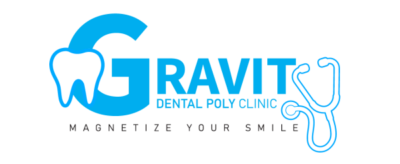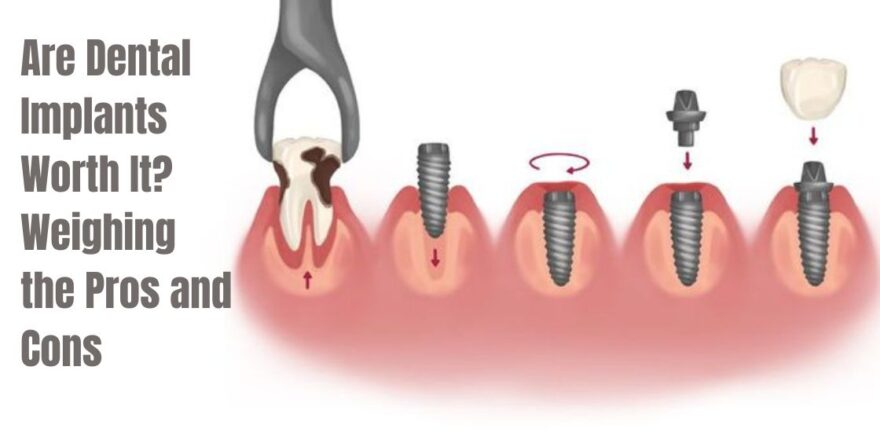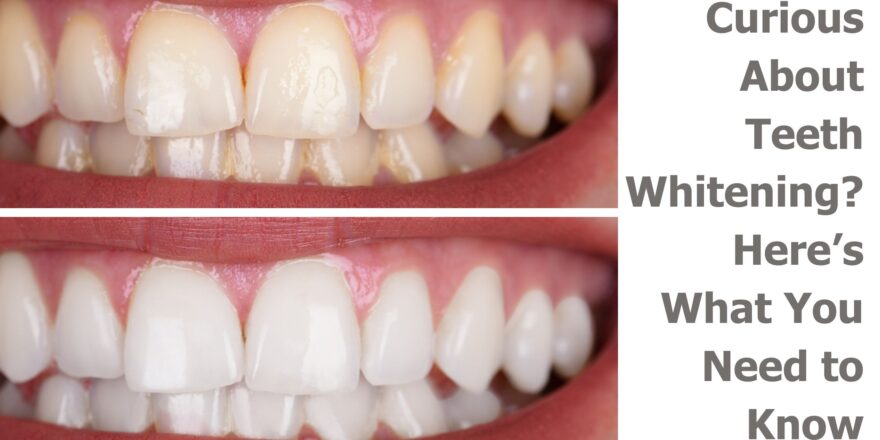Taking care of your teeth goes beyond brushing and flossing daily. Your diet plays a significant role in maintaining your oral health, and there are certain foods and drinks that can cause irreparable damage to your teeth. In fact, some foods are so harmful that they can make even the best oral hygiene routine ineffective in protecting your teeth.
Here’s a rundown of six foods and drinks that dentists warn against, along with tips on how to protect your teeth from their damaging effects.
1. Citrus Fruits: Great for Health, but Harmful to Teeth
Citrus fruits like oranges, lemons, and grapefruits are packed with vitamin C, which is great for your immune system. However, the high acidity in these fruits can wreak havoc on your enamel. Enamel is the thin outer layer of your teeth, and once it wears away, it cannot regenerate.
Dentists recommend eating citrus in moderation and waiting at least 30 minutes before brushing your teeth after consuming them. This waiting period allows your saliva to neutralize the acid and restore the pH balance in your mouth. You can also rinse your mouth with water immediately after eating citrus to reduce the acidity levels.
2. Ice: A Habit That Can Lead to Cracks and Fractures
For many, chewing on ice may seem like a harmless habit. However, it can lead to tooth fractures and even broken teeth. The hardness of ice puts excessive pressure on your teeth, which can cause chips or cracks over time. It can also aggravate existing tooth sensitivity.
If you’re a frequent ice chewer, consider switching to crushed ice or avoiding it altogether. If you find yourself needing something crunchy, opt for healthy snacks like carrots or apples, which are better for your teeth and overall health.
3. Sticky Candy: A Recipe for Cavities
Sticky candies like caramels, toffees, and gummy bears are a nightmare for your teeth. They can easily get stuck in the grooves and crevices of your teeth, where they are difficult to remove even with brushing. This lingering sugar can feed the harmful bacteria in your mouth, leading to cavities and tooth decay.
Dentists suggest cutting back on these treats or choosing alternatives that are easier to clean off your teeth. If you do indulge in sticky candy, remember to brush your teeth afterward to remove any remnants and prevent cavities from forming.
4. Soda and Energy Drinks: Acidic and Sugary, a Double Threat
Soda and energy drinks are notorious for their damaging effects on teeth. These beverages are not only packed with sugar, but their acidity levels are often similar to that of battery acid, which can erode enamel. Energy drinks, in particular, can cause tooth decay at an alarming rate, especially if consumed regularly.
A good way to minimize the impact of sugary drinks is to limit their consumption and opt for alternatives like water, herbal teas, or even green tea, which has less sugar and can neutralize acidity in the mouth. If you can’t give up soda, try drinking it through a straw to reduce contact with your teeth.
5. Coffee: The Stain-Inducing Beverage
Coffee is another beverage that can be hard on your teeth. While it doesn’t contain sugar (unless you add it), coffee is highly acidic and can cause enamel erosion over time. Moreover, it stains teeth, leading to discoloration that may require professional teeth whitening treatments.
If you’re a coffee lover, try drinking it in moderation and rinse your mouth with water afterward. You can also consider drinking your coffee with milk, which can help neutralize the acidity. To prevent staining, try brushing your teeth after enjoying your morning cup of coffee.
6. Bread and Crackers: Carbs That Turn into Sugar
Bread, especially white bread, and crackers are often overlooked as dental hazards, but they can cause damage to your teeth as well. Once these carbohydrates enter your mouth, they break down into sugar. The bacteria in your mouth then feed on these sugars, causing plaque buildup and cavities.
Dentists recommend consuming whole-grain bread instead of white bread, as it has fewer sugars and is less sticky. Be mindful of how much bread and crackers you consume and always brush your teeth after eating them.
What to Eat Instead: Dental-Friendly Foods
While there are foods and drinks that harm your teeth, there are plenty of options that can help promote better dental health. Incorporating these into your diet will go a long way in maintaining a healthy smile.
- Crunchy Vegetables: Carrots, celery, and apples are great for cleaning your teeth naturally. These crunchy foods help scrape away plaque and stimulate saliva production, which neutralizes acids in the mouth.
- Cheese: Surprisingly, cheese is excellent for your teeth. It contains calcium, which strengthens enamel, and it helps neutralize acids in your mouth. Cheese also stimulates saliva production, which can wash away harmful bacteria.
- Water: The best drink for your teeth is water. It helps maintain moisture in your mouth, flushes away food particles, and neutralizes acids, reducing the risk of tooth decay.
- Green Tea: Rich in antioxidants, green tea can help fight bacteria and reduce the growth of plaque. It’s also a good alternative to sugary drinks and coffee.
The Importance of Regular Dental Check-ups
Even with the best oral hygiene habits and a careful diet, it’s crucial to see a dentist regularly for check-ups. Regular dental visits ensure that any issues like cavities, gum disease, or tooth decay are caught early before they can lead to more serious problems.
If you’re looking for a trusted professional to take care of your teeth, consider visiting the best dentist in Dubai. They can offer expert advice, treatments, and preventative care to help you maintain optimal oral health.
Conclusion
Taking care of your teeth requires more than just regular brushing and flossing. By avoiding certain foods and drinks that are harmful to your teeth, you can significantly reduce the risk of tooth decay and other dental problems. Remember, a healthy diet, regular dental visits, and a good oral hygiene routine are the keys to maintaining a beautiful, pain-free smile for years to come.



